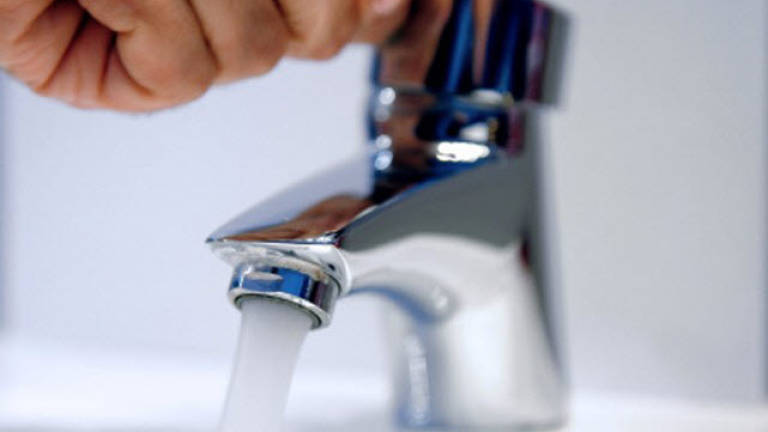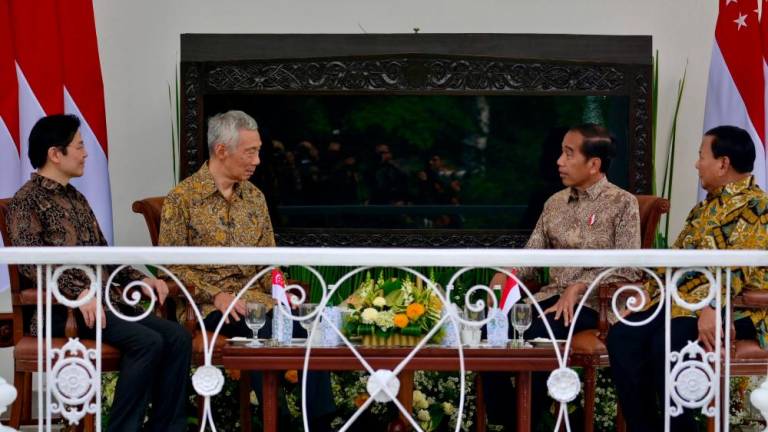KUALA LUMPUR: The government’s move to raise the water tariff this year will allow water services operators to increase their management and maintenance capabilities to better meet consumers’ need for quality treated water.
President of Water and Energy Consumers Association of Malaysia, T. Saravanan, said the move is necessary even though it will increase the cost of living and therefore deemed unpopular.
“This issue has been politicised and viewed from a narrow perspective all this while. But like it or not, the tariff have to be raised.
“The operators’ revenues isn’t enough to cover their costs, including the maintenance of facilities, to supply treated water to consumers,” he said to Bernama.
Saravanan opined that the rise in tariff will enable water services companies to manage their expenditure to increase their efficiency in areas such as replacing old pipes, using new technologies for maintenance, and water treatment management.
On Wednesday, Minister of Water, Land and Natural Resources Dr A. Xavier Jayakumar said a majority of the state governments have agreed to a water tariff raise this year.
Penang – the largest consumer of water in the country with 280 litres per capita daily in 2017 – will see a 20 per cent tariff raise, while Johor and Sabah confirmed that there will be no tariff mark up yet.
Meanwhile, Saravanan revealed that the consumption of water in Malaysia is 208 litres per capita daily compared to 165 litres recommended by the World Health Organisation, and commented that the Malaysian public should learn to be prudent consumers of water.
“Having the access to clean and treated water is everyone’s right. But Malaysians don’t know how to appreciate water. We are wasting a lot of water. Sixty five percent of clean and treated water is used for activities such as washing cars and gardening, while cooking and personal hygiene take up only 20% to 25% of daily water usage,” he said.
Saravanan also added that more attention must be paid to the effect of climate changes on water resources in order to care for the precious commodity, and for consumers to turn to water-efficient gadgets to reduce their monthly water bill payment. — Bernama











